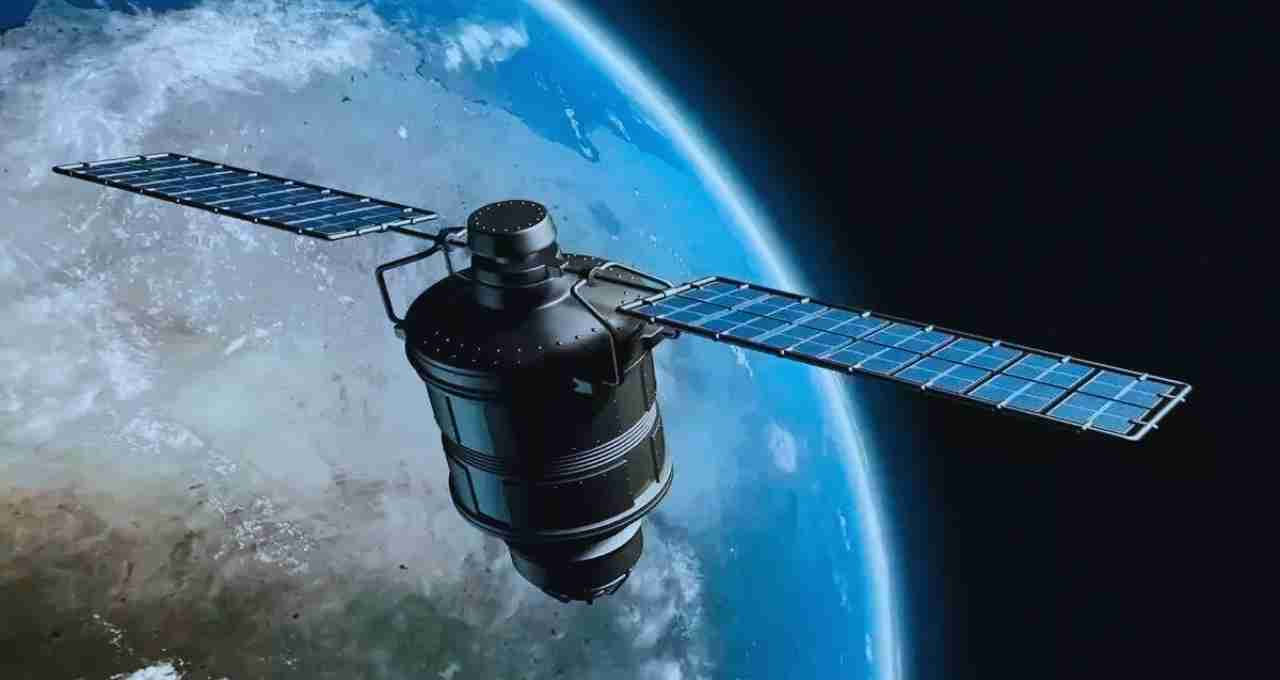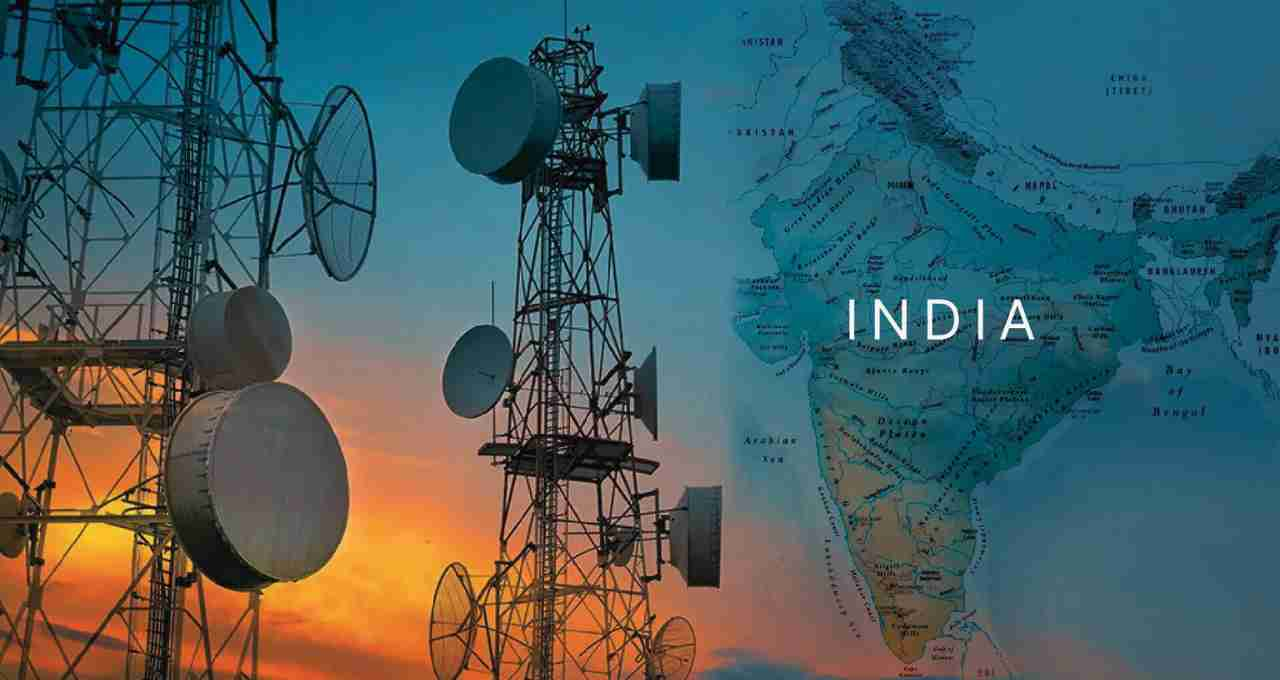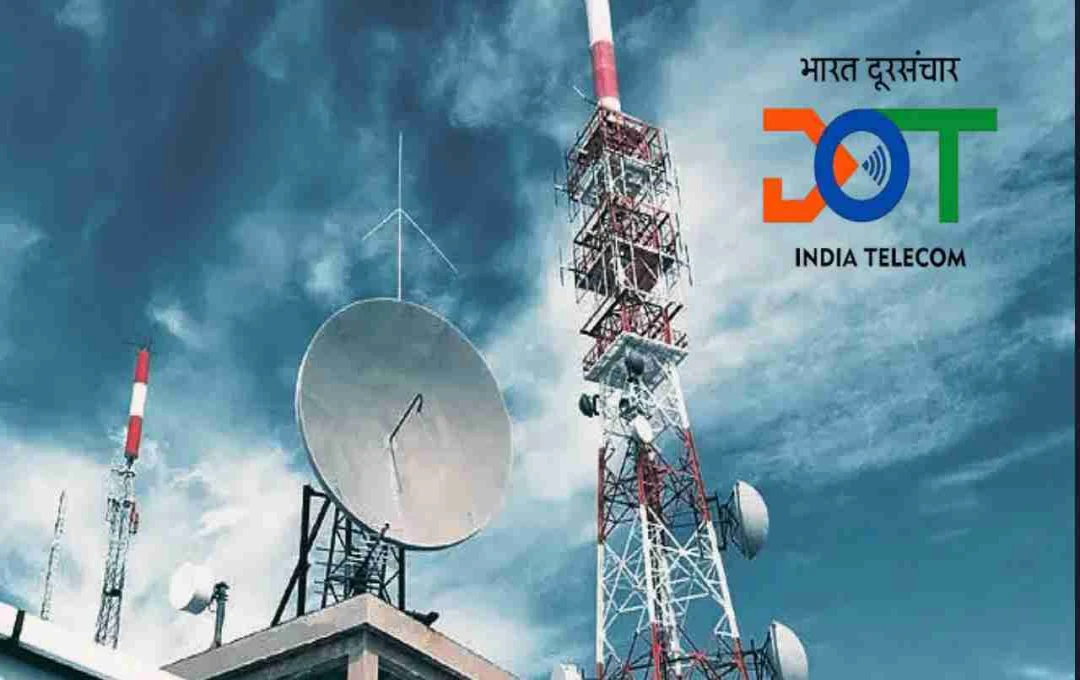Prior to launching satellite internet services in India, the Department of Telecommunications (DoT) has tightened licensing regulations, particularly addressing concerns related to China and Pakistan, with national security as a primary focus.
Tech News: Ahead of the launch of satellite internet services in India, the Department of Telecommunications (DoT) has implemented new and stringent security regulations for service providers. These new rules will impact major satellite internet service providers such as Airtel OneWeb, Jio, Starlink, and Amazon Kuiper. The new security stipulations may pose significant challenges for Starlink, in particular, as the company has yet to meet existing security standards.
What is DoT?
DoT, or the Department of Telecommunications, is a crucial arm of the Indian government that regulates all telecom and internet-related activities within the country. It falls under the Ministry of Communications. Any company intending to offer services like mobile networks, broadband, fiber optics, or satellite internet in India must first obtain a license, or permission, from the DoT.
The DoT's primary role is to ensure that the nation's telecommunication services are secure, reliable, and readily accessible to the public. Furthermore, the department ensures that no company operates against the nation's security interests. The DoT handles various responsibilities, including spectrum allocation (e.g., 4G, 5G bands), formulating telecom policies, network security, controlling international communications, and overseeing telecom companies.
DoT's New Framework

The Department of Telecommunications (DoT) has released new security standards for satellite internet services in India. These new regulations apply not only to new service providers but also to companies that have already obtained licenses. This includes Airtel OneWeb, Jio SES, and companies like Amazon Kuiper and Starlink that have applied for licenses; all must adhere to these new rules.
Under these new security regulations, service providers must verify their users' devices and ensure that data is not transmitted to any other country. Furthermore, they are responsible for tracking the real-time location of their customers. The overarching aim of these security provisions is to enhance and secure satellite internet services in India, keeping national security in mind.
DoT's New Rules for Satellite Internet Companies
Before launching satellite internet services in India, the Department of Telecommunications (DoT) has established new and stricter security regulations for companies. These regulations aim to strengthen national security and ensure that no internet service violates India's boundaries and laws.
These rules will apply to all companies seeking to launch satellite internet services in India, including Airtel OneWeb, Jio, Amazon Kuiper, and Starlink.
- Mandatory User Terminal Verification: A satellite internet company can only provide service after fully verifying its user terminals (devices). This means that if an individual possesses an unregistered foreign device, they cannot use the network in India without registration.
- Real-time Location Tracking: All companies must ensure that the real-time location of their users can be tracked. If a security agency requests this information, the company must provide the precise location (longitude and latitude) of the user's fixed or mobile terminal.
- User Data to Remain Entirely within India: The DoT has explicitly stated that companies cannot send Indian users' data outside the country. This means each company must guarantee that it processes and stores users' data exclusively within India. This step is crucial for data privacy and national security.
- Service Suspension in Restricted Areas: If a user enters an 'unauthorized' or restricted area (such as a border area or military zone), the company must immediately terminate their service. This will ensure that no unauthorized network activity occurs in sensitive areas.
- Special Surveillance Zone near Border: A special surveillance zone will be created within 50 kilometers of India's international border. The activities of any satellite service within this zone will be closely monitored. This decision is made primarily to address security threats from neighboring countries like Pakistan and China.
- Over 29 New Regulations: In total, the DoT has established 29-30 new security standards for satellite internet companies. Adherence to these rules will be mandatory for any company wishing to provide internet services in India. This decision was made after consultation with all stakeholders and security agencies.
Will Starlink be Affected?

Starlink, Elon Musk's company, was preparing to launch satellite internet services in India. The company claims to offer very high internet speeds, especially in areas with limited mobile network access. India's vast size presented a significant market opportunity for Starlink.
However, the government's new security regulations may delay Starlink's service launch. These regulations require companies to disclose user locations, prevent data from leaving the country, and maintain heightened surveillance near borders. The Indian government has taken these steps in response to threats from countries like Pakistan and China. Starlink must meet all conditions before it can launch its services in India.
Will the New Security Regulations Impact Satellite Internet in India?
Yes, the new security regulations introduced by the government will directly impact satellite internet services in India. These regulations are designed with national security in mind, particularly addressing concerns related to neighboring countries like Pakistan and China. The most significant impact may be felt by Starlink, which has yet to meet even the older regulations. It must now also comply with the new, stricter rules, potentially causing further delays in its Indian internet service launch.
Companies like Airtel OneWeb, Jio, and Amazon Kuiper will also need to comply with these regulations to obtain licenses in India. They must meet all standards, including user data security, location tracking, border area surveillance, and foreign device identification.














